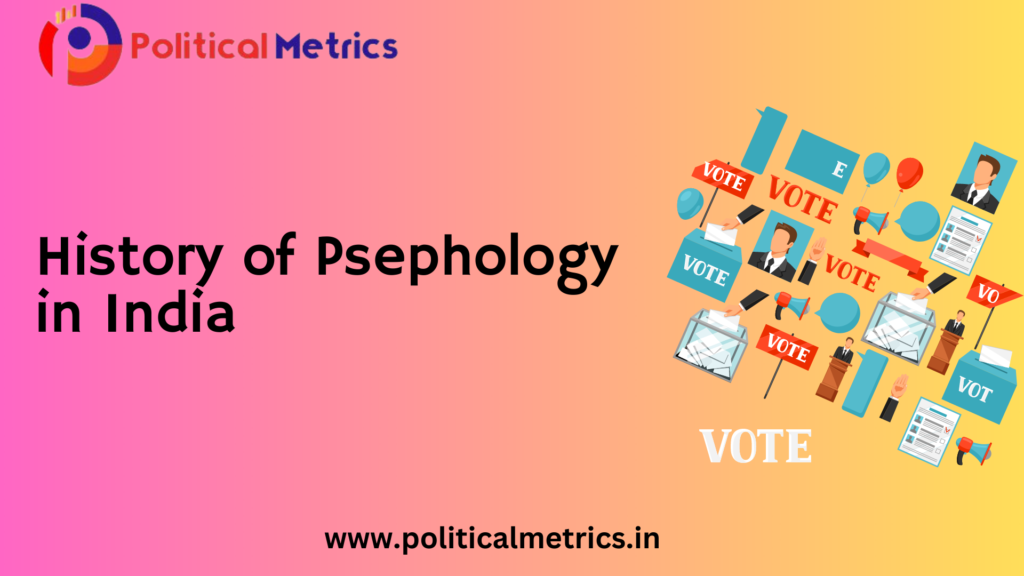
Psephology, the scientific study and analysis of elections and voting patterns, has grown in popularity in India in recent years. Here’s a quick rundown of psephology in India:
Early Years: Psephology in India dates back to the early twentieth century when scholars and political scientists began studying electoral data and patterns. During this time, however, systematic and scientific approaches to studying elections were not well developed.
The Centre for the Study of Developing Societies (CSDS), founded in 1963, was instrumental in the development of psephology in India. Rajni Kothari, a political scientist and pioneer in the field, has worked extensively on understanding electoral dynamics and voting behaviour in India.
The Election Commission of India: Established in 1950, the Election Commission of India has played an important role in providing electoral data and facilitating election research. The commission’s efforts in collecting and publishing election-related data have aided the advancement of psephology.
Exit Polls Emerge: Exit polls gained popularity in India as a method of predicting electoral outcomes in the 1990s. Exit polls, which were conducted immediately after voters cast their ballots, provided useful information about voting patterns, party support, and electoral trends.
Regulations for Opinion Polls: In the early 2000s, the Indian government issued regulations governing the publication and conduct of opinion polls during election seasons. These regulations were designed to prevent undue influence on voters while also preserving the integrity of the electoral process.
Media Coverage Increase: With the expansion of media platforms and the rise of 24-hour news channels, psephology gained greater visibility in India. During election seasons, news organisations began to hire psephologists and analysts to provide expert analysis and predictions.
Data-driven Analysis and Surveys: In India, psephology is increasingly relying on data-driven analysis, opinion polls, and sophisticated statistical modelling techniques. Large-scale surveys have been conducted by organisations, research institutes, and media outlets to better understand voter behaviour, electoral patterns, and political trends.
Political Consulting: Over the last decade, political consulting firms in India have emerged, employing psephologists and data analysts to provide strategic advice to political parties and candidates. To aid in campaign planning and election management, these firms employ advanced statistical techniques, big data analysis, and technology-driven approaches.
Psephology is now a well-established field in India, with a growing community of researchers, analysts, and pollsters. It is critical in predicting election results, understanding voter preferences, and informing political strategies. In India, psephological analysis has become an essential component of political discourse and electoral processes.